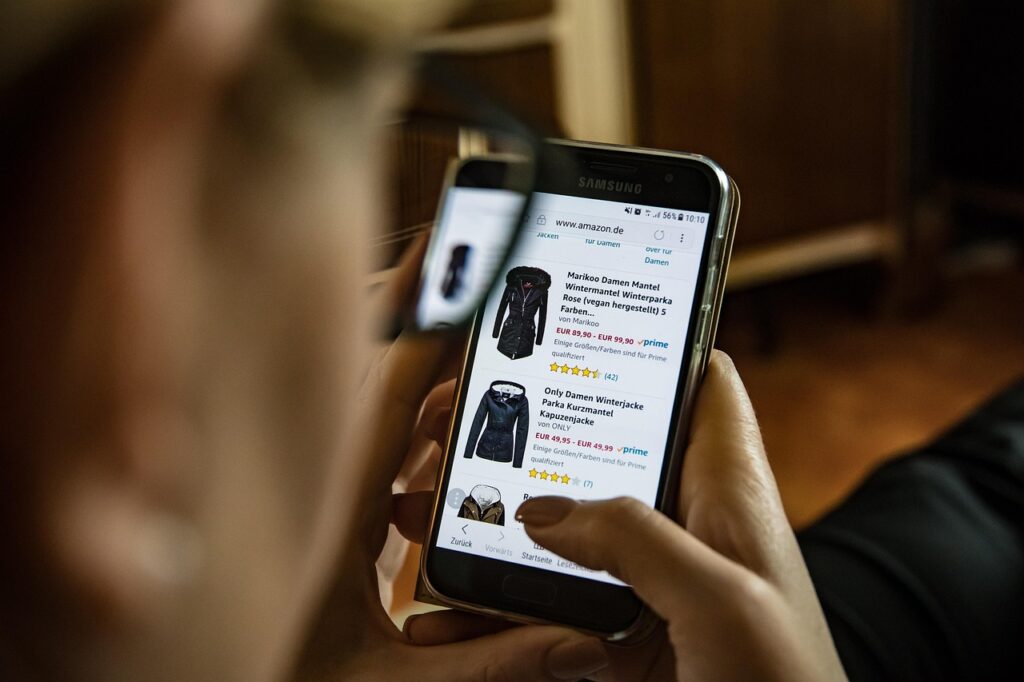Stress, Sales, and Spending! Research Shows Mindful Consumers Feel Happier
Impulse purchases are commonly triggered by stress; however, recent studies suggest that mindful consumption can help reduce regret and anxiety, while also improving emotional stability and financial well-being.

BOSTON, MA (MERXWIRE) – Have you ever found yourself browsing your phone to unwind, only to end up purchasing a discounted item you didn’t need? According to consumer behaviour studies in the United States, up to 87% of individuals have made impulse purchases, often triggered by emotional stress, mental fatigue, or exposure to promotional cues such as “limited-time offer” or “buy one, get one free.”
In the age of mobile shopping and algorithm-driven recommendations, we are increasingly living in a “frictionless consumption” environment. With features like “Recommended for You,” products are instantly presented with minimal effort. Combined with conveniences such as auto-payment, one-click checkout, and login-free transactions, consumers are completing purchases before they have the chance to ask themselves, “Do I need this?” Research indicates that this semi-automated purchasing process undermines rational decision-making, exacerbates financial stress, and heightens emotional volatility.
This phenomenon has become widespread globally. Studies indicate that impulse buying behaviour significantly increases under financial pressure or emotional distress. While the act of purchasing may provide brief relief, it is often followed by regret and anxiety, creating a destructive cycle of “spend → stress → spend again.” This pattern was documented in a study published in the European Journal of Management and Business Economics.
How can consumers break free from this cycle? The answer lies in a growing behavioural approach known as mindful consumption. This is more than just a financial tactic—it is a conscious lifestyle practice. Mindful consumption encourages individuals to pause and reflect before spending: “Is this something I truly need? Does this align with my values?” Research suggests that when people allocate their money toward what they genuinely value—be it people, experiences, or goals—they are less likely to feel regret and more likely to experience a sense of control and satisfaction.
Mindful spending has been shown to reduce the frequency of impulse purchases and significantly enhance individuals’ financial well-being. In other words, greater awareness during spending decisions leads not only to better economic outcomes but also to improved emotional security.
Additionally, consumer behaviour research in the United Kingdom has identified shopping lists as one of the most effective strategies for managing personal spending. Through proactive planning, consumers are better able to define their real needs and are less likely to be swayed by in-store promotions or limited-time offers. Experts emphasise that this simple habit can significantly reduce unplanned expenditures, while also minimising post-purchase regret and waste.

Importantly, mindful consumption does not imply spending less—it means spending in alignment with one’s actual values. In an era of inflation and information overload, the ability to make clear, intentional financial decisions helps individuals regain control over their budgets and cultivate a more profound sense of personal agency in daily life.
More News
View More



Recent Quotes
View More
Quotes delayed at least 20 minutes.
By accessing this page, you agree to the Privacy Policy and Terms Of Service.